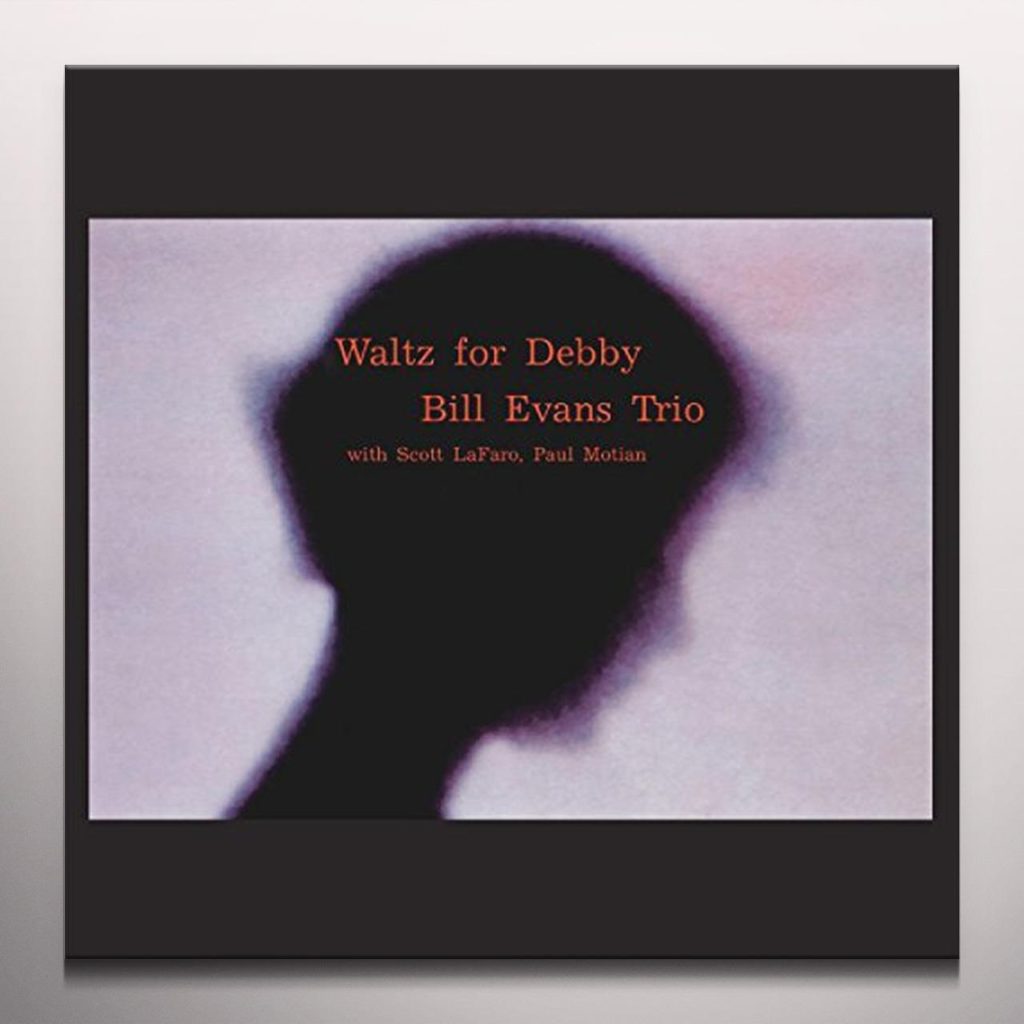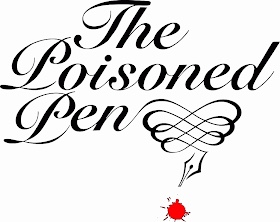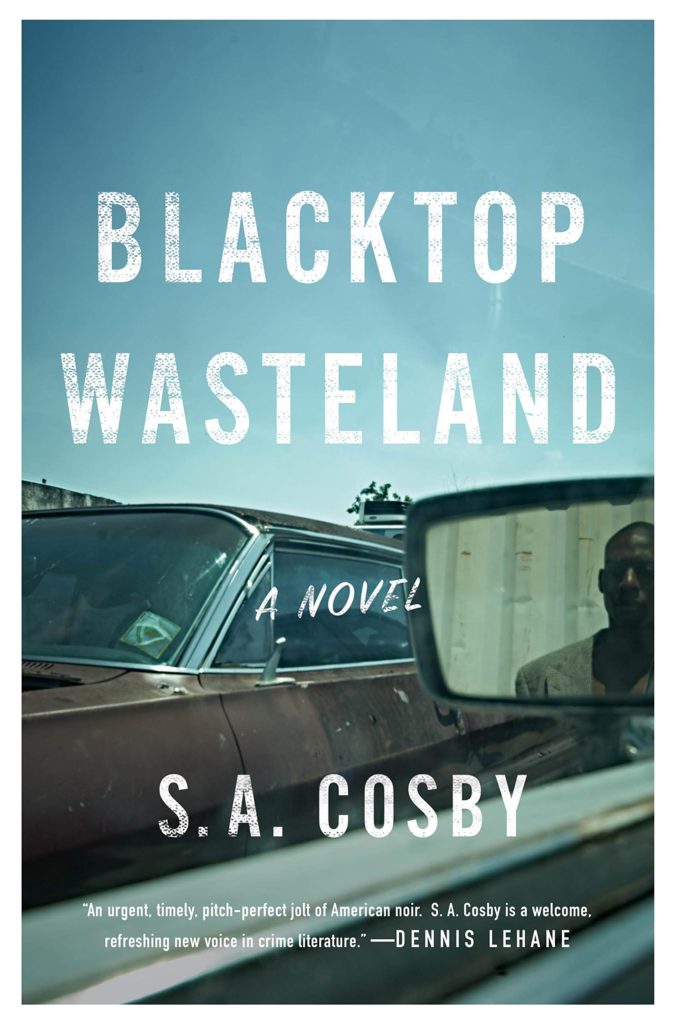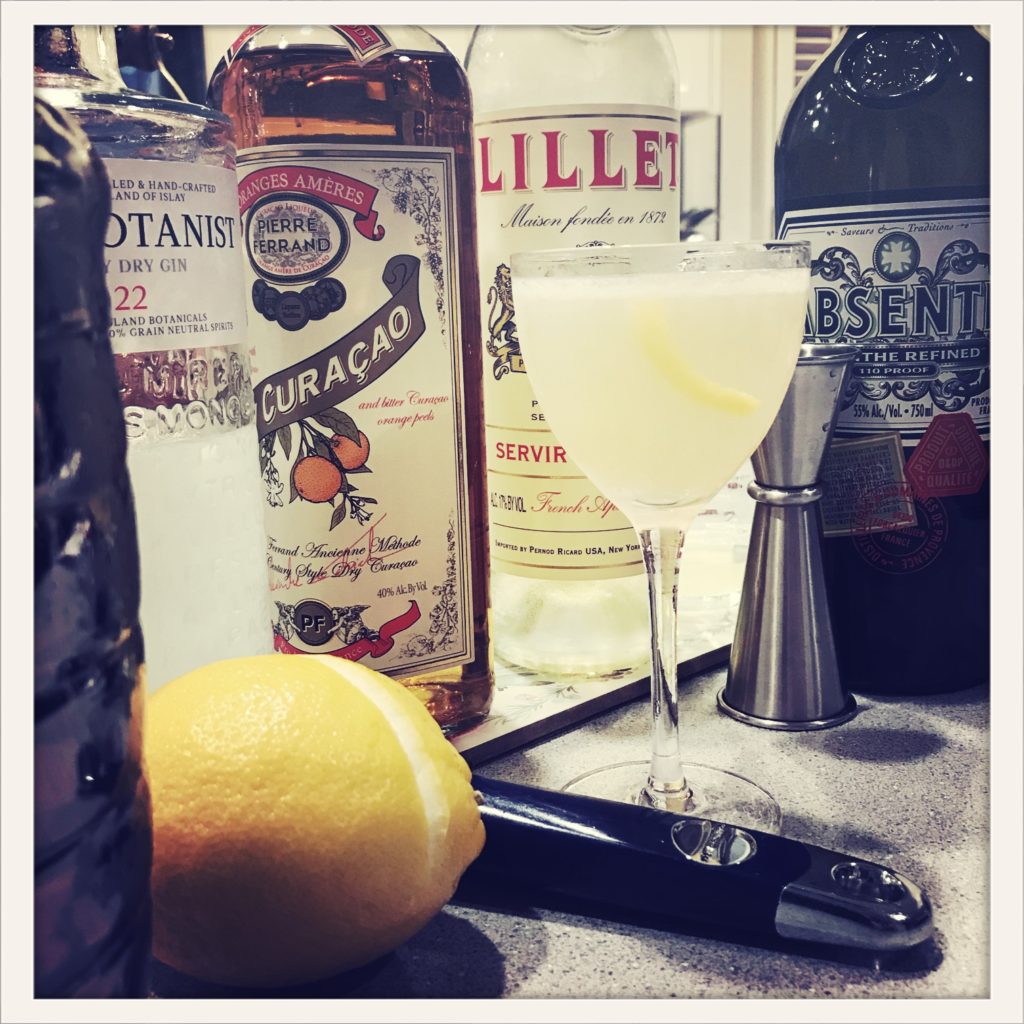Zoom Grand Juries, Cool Bill Evans, Rural Crime Fiction
Reading Time: 6 minutes.
Zoom grand juries, Virginia crime fiction, a music update, two cocktails, and a plague hymn — this may be White Collar Wire’s most artisanal post yet. Forgive me.
Law

Consider the prospect of virtual grand juries:
Some state courts like this one, in Mohave County, Ariz., are experimenting with virtual grand juries, allowing panels to consider evidence and hand up indictments from their living rooms. The arrangement, which legal experts say is unprecedented, has been praised for allowing criminal cases to move forward during the coronavirus pandemic but criticized by opponents who complain of “Wi-Fi indictments” they say are unconstitutional.
Grand jury proceedings typically come early in the legal process and set the rest of a case in motion. The jury, typically between about 12 and 23 people, can investigate a matter or vote on whether there is enough evidence to formally charge a defendant. The process, which is secret, is designed to be a check on prosecutors’ power.
Corinne Ramey, “Covid Is No Excuse for Grand Jury Duty When You Can Serve From Your Bedroom,” Wall Street Journal (August 20, 2020) at A1.
Read the entire Wall Street Journal story here (subscription required). Efficiencies aside, Zoom grand juries are not a good idea and have generated criticism — see here and also this note from the Washington Post:
Secrecy is critical in grand jury meetings, where prosecutors present evidence and witness testimony targeting those accused of a crime. Jurors can question witnesses, who appear without lawyers, and are then asked to decide whether to indict the accused, who is not present during the proceeding.
Matthew Adams, vice president of the Association of Criminal Defense Lawyers of New Jersey, called the online endeavor an “ill-advised experiment” that he said will exacerbate inequities in the justice system by compromising confidentiality and allowing “prosecutors to phone in” indictments.
“It is an affront to everything that’s supposed to protect the presumption of innocence of our society,” he said, emphasizing concerns about potential jurors who cannot afford the necessary technological equipment.
Judge Glenn A. Grant, the acting administrative director of the New Jersey courts, said no jurors were turned away because of a lack of equipment or private space, and the two panels have returned at least 33 indictments since June 18. Court officials have hand-delivered tablets with broadband access to seven jurors and Web cameras to four others. In-person proceedings during a pandemic, he noted, would leave out other people with medical conditions or transportation constraints.
To guard the secrecy of the proceedings, the court updated the oath grand jurors take to include a promise to remain in a private location, to use headphones so others cannot eavesdrop and to report technical problems immediately.
“Just as we do with live grand juries, we rely on virtual grand juries to honor the oath they are sworn to follow,” Grant said in a statement.
Ann E. Marimow and Justin Jouvenal,” Courts dramatically rethink the jury trial in the era of the coronavirus,” Washington Post (31 July 2020)
Read the entire article here.
Perversely, the best argument in favor of Zoom grand juries is that format does not matter because federal grand juries are prosecutorial tools and no longer shields for citizens against arbitrary government power. We have written on this phenomenon before — including here and here and here. Except in rare circumstances, virtualize grand juries could move the process from one-sided to flippant.
White Collar Wire on Spotify

Listen to the most recent additions to White Collar Wire’s playlist (“Music for white-collar crime”) on Spotify. (For regular listeners, start with those posted on June 1 or after). New additions include The Insects, Ennio Morricone, S.G Goodman, Max Richter, Bob Dylan, Jamestown Revival, and Emerson, Lake and Palmer.
Jazz
If you do not care for jazz, skip to the next section. Otherwise, bear with me while I point out Blue Note’s playlists on Spotify. Others surely have known of these, but I just discovered them: Hard Bop (self-explanatory), Jazz Now ( “Hear the latest sounds from the jazz greats of today who keep the music moving forward”), Rise and Shine: A Blue Note Morning(“To ease you into the day”), and Night Dreamer (“Late night anthems from the Blue Note Vaults”). They are all wonderful.

He has been gone for forty years, but Bill Evans’s birthday was on August 16. The production quality on this video is not great, but “My Foolish Heart” (from 1962’s Waltz for Debby recorded live with bassist Scott LaFaro and drummer Paul Motian) is wonderful:
Crime Fiction
White Collar Wire sometimes receives requests for sources of crime fiction and especially of reviews or other useful guidance for busy readers. Here are a couple of favorites:

Crime Reads offers essays, interviews, reviews, and reading lists.

The Poisoned Pen is operated by the famous bookstore in Scottsdale, Arizona. Their Book News offers extensive listings and short reviews of new mysteries, crime novels, and thrillers.

I just finished Blacktop Wasteland by Shawn Crosby. Southeastern Virginia rural noir. From the NPR review:
Beauregard “Bug” Montage is a loving father, faithful husband, and honest mechanic, but he has a criminal past and those in the underworld know him as one of the best drivers in the business. He’s been leading a straight life, but everything is crumbling around him. The stack of bills and final notices is huge. His daughter needs money for college. His mother is about to be kicked out of her retirement home. Bug tries to work his way through it, but the shiny new car shop in town has cut his clients in half. That’s why he can’t say no when a former associate offers him a job robbing a jewelry store. Eighty grand for a day’s work. But nothing is ever as easy as it seems, and someone might know who did it, and it’s not the cops.
NPR
Hard-nosed but beautiful.
Cocktails

David Lebovitz has a great book I have referenced before — Drinking French. He offers a recipe for a “Lillet Reviver” (more commonly known as a “Corpse Reviver No. 2”). He notes that “it’s a good reminder that Lillet isn’t just an aperitif, but also an excellent cocktail ingredient.”
Ingredients: 1 ounce of ounce of gin; 1 ounce of Grand Marnier, Cointreau or triple sec [I make mine with Dry Curaçao instead of the Grand Marnier]; 1 ounce Lillet blanc; 1 ounce freshly squeezed lemon juice; about 1/2 teaspoon of Pastis or absinthe [I use the “Absente” brand]; lemon twist
Add the gin, Grand Marnier, Lillet, and lemon juice to a cocktail shaker. Fill with ice and shake until well chilled. Swirl the Pastis around in a chilled coupe glass [I use a Nick and Nora glass] and pour out the excess. Strain the drink into the glass. Garnish with the lemon twist.
David Lebovitz, Drinking French at 81.
In this thirty-minute video, Mr. Lebovitz goes through the history of, and then makes, a “Cap Corse Negroni.”
I have made several, and they are sound.
Sunday Morning
Finally, for your pandemic Sunday morning, here is “I Am Thine (Plague Hymn”):
In 1519, a terrible plague took Zurich, where Hulrych Zwingli was ministering. Zwingli wrote this hymn at various stages during that time, beginning with his ministry to the sick, through his own contraction of the disease, and finally chronicling his miraculous healing. We took the text and gave it a tune, praying it would be a source of comfort in hope in these trying times of Covid-19.
Cathedral Church of the Advent